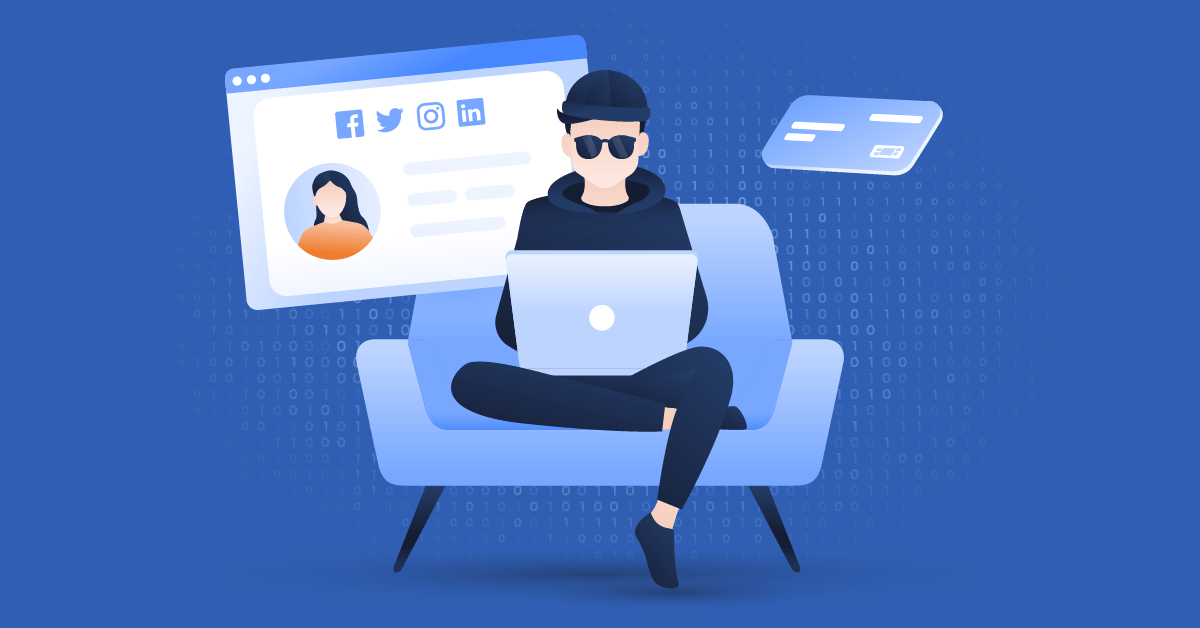In the realm of cybersecurity, Virtual Private Networks (VPNs) have become a go-to solution for those seeking to safeguard their personal data. They serve as a protective layer between users and the vast expanse of the internet. In this post, I will share my insights and experiences with VPNs, elucidating their functionality, benefits, and how to make an informed choice.

Understanding the Functionality of VPNs
Before diving into my personal experiences, it’s crucial to understand what a VPN does. When I connect to a VPN, my internet connection is routed through a secure server, encrypting my data along the way. This creates a private tunnel, shielding my information from prying eyes, including hackers, ISPs, and even government entities.
The main aspects of VPN functionality include:
- Data Encryption: VPNs encrypt your internet traffic, making it nearly impossible for anyone to intercept and decipher your data.
- IP Address Masking: By hiding your real IP address, a VPN provides anonymity and allows access to region-restricted content.
- Secure Connections: Especially beneficial when using public Wi-Fi networks, VPNs help maintain a secure connection, mitigating risks associated with data interception.
My Journey with VPNs
My first encounter with VPN technology was driven by a need for privacy while accessing sensitive information over public networks. I recall sitting in a café, connecting to the free Wi-Fi, and feeling uneasy about the lack of security. This experience led me to explore how VPNs could provide the protection I was seeking.
After subscribing to a reputable VPN service, the immediate benefits became evident. I noticed increased security on public networks and the ability to access content restricted in my region. However, I soon realized that not all VPN services are created equal.
Choosing the Right VPN
The market is saturated with VPN options, which can be overwhelming. I learned the hard way that selecting the wrong service can lead to vulnerabilities rather than protection. Here are some vital considerations:
- Reputation: Research the VPN provider’s reputation through user reviews and expert evaluations. A well-reviewed service often reflects reliability.
- Transparency: I favor VPNs that provide clear policies regarding data logging. A no-logs policy is crucial for maintaining privacy.
- Speed and Performance: While using a VPN, I encountered some issues with speed. Opting for a service known for high-speed connections made a significant difference.
- Ease of Use: Choose a provider with user-friendly applications. A complicated interface can discourage regular use.
- Customer Support: Reliable customer support can be invaluable. I encountered issues once and found that prompt assistance made a tough situation manageable.
✅ Current deal: 🔥 Get NordVPN with up to 75% OFF! 🔥
Enhancing Personal Data Protection with VPNs
The initial reason I sought out a VPN was for privacy, but over time, I discovered it provided layers of protection for my personal data. I began using a VPN regularly for various activities, from streaming to online banking. Here’s how VPNs augment data security:
- Protection from Malware: Some VPN services offer built-in malware protection, adding an extra layer of security while browsing.
- Avoiding Bandwidth Throttling: ISPs often throttle connections based on usage behaviors. A VPN hides my activities from them, ensuring consistent speed.
- Safety During Travel: Traveling often exposes one to insecure networks, and I quickly became reliant on my VPN to access sensitive accounts away from home.
The Importance of VPNs Beyond Initial Use
Having experienced the direct benefits of using a VPN, I delved deeper into its broader implications for security. A VPN is not just a tool but a mindset shift in how I approach personal security.
Online Transactions
When making online transactions, the fear of data theft is ever-present. Connecting through a VPN adds a level of confidence, knowing my financial information is being transmitted securely. This is particularly important when accessing banking apps or making purchases on unsecured networks.
Avoiding Data Tracking
Many websites track user activity to tailor advertisements. With a VPN, I discovered an unexpected reduction in personalized ads, providing a cleaner browsing experience.
Tips for Effective VPN Use
To maximize the benefits of a VPN and ensure personal data protection, I have compiled a list of tips that have served me well:
- Always Connect: Make it a habit to connect to your VPN whenever you go online, especially on public networks.
- Enable Kill Switch: Choose a VPN with a kill switch feature. This ensures your internet connection drops if the VPN fails.
- Regular Software Updates: Keep the VPN application updated to benefit from the latest security features.
- Multiple Server Locations: Utilize a VPN that offers multiple server locations, allowing you to bypass geographical restrictions efficiently.
- Two-Factor Authentication: Implement two-factor authentication for accounts where possible. Combining it with a VPN adds another layer of security.
- Review Privacy Settings: Regularly review privacy settings within the VPN app to ensure optimal configuration.
✅ Current deal: 🔥 Get NordVPN with up to 75% OFF! 🔥
Conclusion
My experiences with VPNs have transformed my approach to online security. They are indispensable in achieving a more secure online experience, whether I am browsing the web, accessing sensitive accounts, or streaming content. While the initial investment in a reputable VPN may seem daunting, the peace of mind it brings is invaluable.
Ultimately, it is essential to remain vigilant in selecting the right VPN and to continue adapting your strategy for personal data protection. By understanding both the risks and solutions available, I have learned to navigate the digital landscape more confidently, and I hope sharing my journey inspires others to prioritize their online security as well.
Affiliate Disclosure: By clicking on our links, we may earn commissions at no additional cost to you.